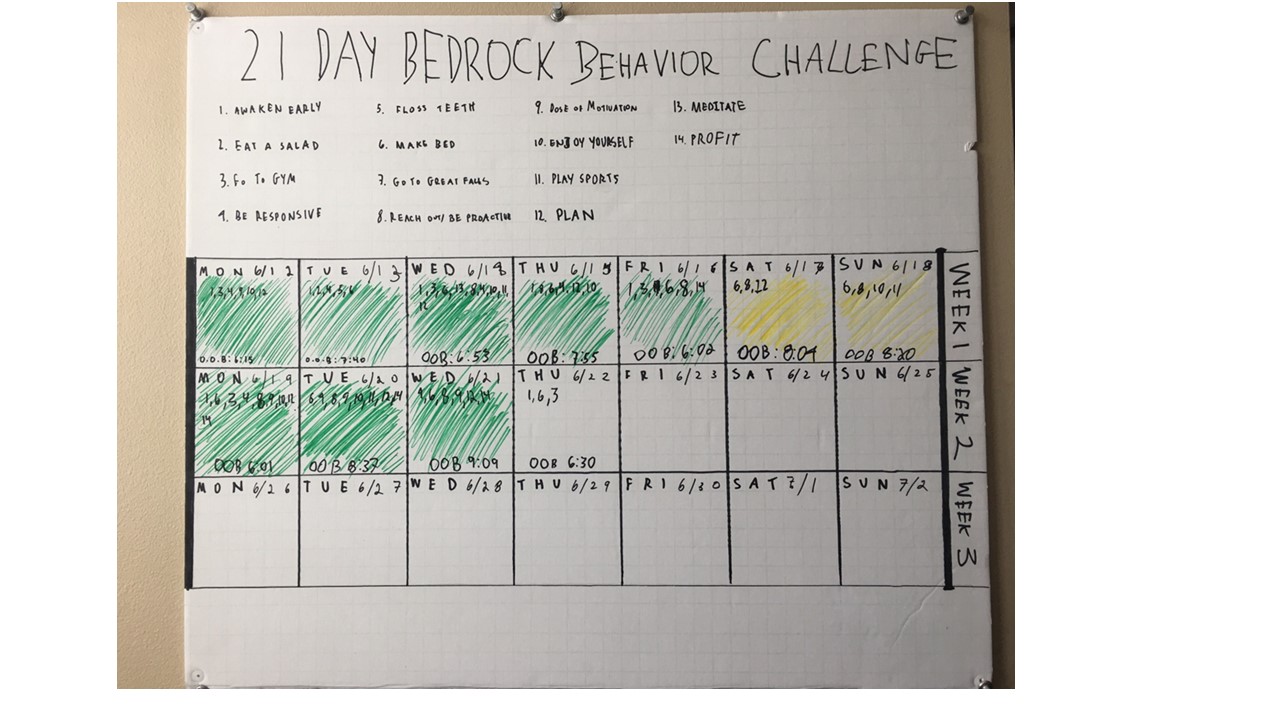Nothing needs so reforming as other people’s habits.
Mark Twain
A recent study in Science Live found that regular walking helps us live longer even if we don’t walk long enough to meet the minimum weekly guidelines of 2.5 hours a week. Even still, a large percentage of us don’t even reach 20 minutes a day of walking.
Daily walking is just one example of how many people first start to improve their health. My interest is in what makes adults take agency over their health and lives. What are the conditions that foster a positive and sustained lifestyle change that repels hosting a chronic illness? Our habits measure us and we are spinning our own fates, good or evil. There is compelling and confusing science on habit formation: what we are aching to do is create habits that are positive and that don’t require a big cognitive lift, like brushing our teeth. Here is what is what is known about habit formation:
• It is easier to start something new than to drop something destructive (daily walking).
• If negative habits happen in clusters, it may be best to drop them all at once (drinking, smoking, gambling)
• When adding a new behavior, do it one at a time until it becomes automated (get eating pattern down first, then tackle exercise)
• Habit formation is not formulaic, and depends on the habit, the person, and if physical or psychological addiction is present. It can take 18 to 254 days, which does not help us, really.
A way forward is for each of us to carefully cultivate some bedrock behaviors- actions that reliably make us feel better and more generous to others. Bedrock behaviors are the non-negotiables that you do nearly every day that keep your ship righted. Here are my category suggestions for building your very own bedrock behaviors:
- Sleep
- Food
- Exercise
- Conversations
- Tribe
- Screen/literature
- Uncluttered space
Try a 21-day challenge (as in photo above). This is a real tracking chart from a person who felt his life had gone off the rails and was chaotic. The 21-day challenge he implemented is still in place 8 months later.

